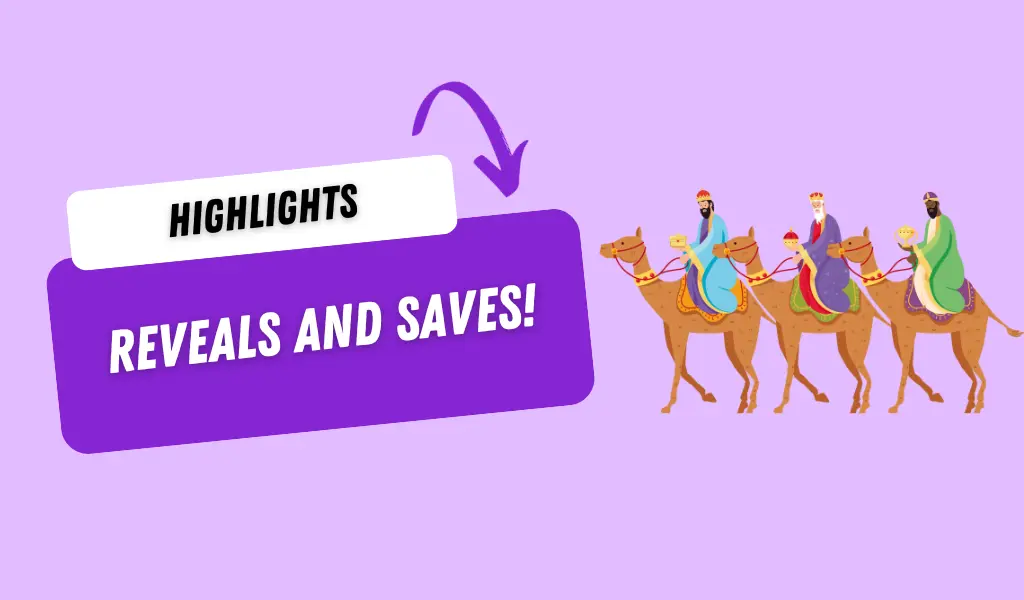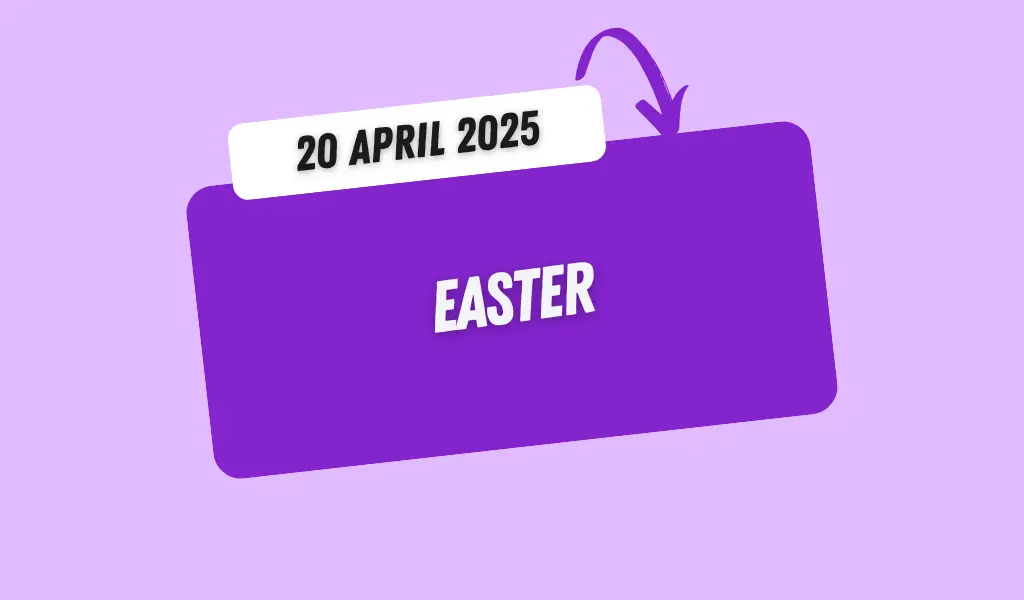The Epiphany of The Lord
07th January 2024 (Sunday)
Psalter: Week 2
Reading of the Day
First Reading: Isaiah 60:1-6
Arise, shine, for your light has come, and the glory of the Lord has risen upon you. For behold, darkness shall cover the earth, and thick darkness the peoples; but the Lord will arise upon you, and his glory will be seen upon you. And nations shall come to your light, and kings to the brightness of your rising. Lift up your eyes all round, and see; they all gather together, they come to you; your sons shall come from afar, and your daughters shall be carried on the hip. Then you shall see and be radiant; your heart shall thrill and exult, because the abundance of the sea shall be turned to you, the wealth of the nations shall come to you. A multitude of camels shall cover you, the young camels of Midian and Ephah; all those from Sheba shall come. They shall bring gold and frankincense, and shall bring good news, the praises of the Lord.
Psalm 72:1-2, 7-8, 10-11, 12-13 (R. See 11)
R/. All nations on the earth shall fall prostrate before you, O Lord.
Second Reading: Ephesians 3:2-3a, 5-6
Brethren: I assume that you have heard of the stewardship of God’s grace that was given to me for you, how the mystery was made known to me by revelation, which was not made known to the sons of men in other generations as it has now been revealed to his holy apostles and prophets by the Spirit. This mystery is that the Gentiles are fellow heirs, members of the same body, and partakers of the promise in Christ Jesus through the gospel.
Alleluia
V/. Alleluia R/. Alleluia
V/. We saw his star when it rose, and have come to worship the Lord.
R/. Alleluia
Gospel : Matthew 2:1-12
Now after Jesus was born in Bethlehem of Judea in the days of Herod the king, behold, wise men from the east came to Jerusalem, saying, “Where is he who has been born king of the Jews? For we saw his star when it rose and have come to worship him.” When Herod the king heard this, he was troubled, and all Jerusalem with him; and assembling all the chief priests and scribes of the people, he inquired of them where the Christ was to be born. They told him, “In Bethlehem of Judea, for so it is written by the prophet: ‘And you, O Bethlehem, in the land of Judah, are by no means least among the rulers of Judah; for from you shall come a ruler who will shepherd my people Israel.’” Then Herod summoned the wise men secretly and ascertained from them what time the star had appeared. And he sent them to Bethlehem, saying, “Go and search diligently for the child, and when you have found him, bring me word, that I too may come and worship him.” After listening to the king, they went on their way. And behold, the star that they had seen when it rose went before them until it came to rest over the place where the child was. When they saw the star, they rejoiced exceedingly with great joy. And going into the house, they saw the child with Mary his mother, and they fell down and worshiped him. Then, opening their treasures, they offered him gifts, gold and frankincense and myrrh. And being warned in a dream not to return to Herod, they departed to their own country by another way.
Daily Gospel Reflection
Highlight: Reveals and Saves!
Guidlines: God reveals Himself to all beyond the chosen people or confined territory. Thereby, He makes it abundantly clear that His grace is all-embracing
1. Today, we celebrate the Solemnity of the Epiphany. Epiphany means “manifestation”. The Festivity of Epiphany, also popularly known as the Feast of Three Kings (Melchior, Caspar, and Balthazar), celebrates the revelation of God in His Son as human in Jesus Christ. The six Sundays which follow Epiphany are known as the time of manifestation.
2. God reveals His Son already to Mary and Joseph and the shepherds. But that manifestation is not limited only to them, or only to those moments, or confined only to Bethlehem. Thus God born in a manger manifests Himself to the three kings or wise men from far away.
3. God who is beyond all space and time, God whom no space or time can confine or contain, Himself traversed from heaven to earth, not for a tiny place or a short moment. His grace and salvation are universal, for all, for all times.
4. Salvation embraces all and always. While the Incarnation is the first instance of divine manifestation, the visitation of the three kings becomes the second instance of divine manifestation.
5. This is the first point to understand and believe on the day of Epiphany: God’s grace is unconditioned. It has no boundaries or discriminations. His grace is open and manifested to all. How unfortunate it is that some try to put blocks or restrictions even to God’s grace and salvation!
6. What an irony it is, that we who are limited, try to limit the limitless grace of God! How often many try to choke, suffocate and stifle God’s grace, owing to money, power, position, status, and prestige!
7. As God manifests His plan of salvation, in His Son, He awaits a response from the human part. The three kings by their visit, respond to this manifestation. This visit as a response is marked by some essential features:
- They earnestly obtain knowledge about him – his birth, his location, his nature, through all available sources, like science and scriptures
- They yearn profoundly to see him directly
- They set out on an engaging journey in search of him
- They trust and rely on help from above, in the form of a star
- They allow themselves to be guided by the star
- They travel far and difficult
- They reach the Saviour
- They humble themselves before the mighty God, in surrender and adoration
- They offer gifts, symbolic of his nature – Gold, representing Jesus’ royal standing (royalty), Frankincense, his divine birth (divinity), and Myrrh, his mortality (humanity)
8. Today, for us, who celebrate this Feast, the message and the invitation are too clear:
First of all, be convinced of the all-embrace of God’s grace. Never put boundaries to grace, neither for self nor for others. “The wind blows where it wills”. God wants to grace to all. And everyone needs God’s grace and salvation.
9. Grace cannot be discriminated against or manipulated, based on human divisions or calculations, or prejudices. We have to go beyond the barriers of space and time, to meet the Lord who is beyond space and time. We have to enlarge our mental horizons to receive the salvation which is for all.
10. Then, follow the example of the three kings, and travel the same route of responding to God’s epiphany and encountering Him. Some simple reflections and questions:
- How much do we try to know about Him, gaining more knowledge and familiarity, through science and scripture, through many sources that are readily available at our disposal? How little is the interest and knowledge of God, in contrast to the immense interest and knowledge of the secular world?
- How shallow and thin-layered is our desire and longing to see Him directly and personally? Often it is due to a lack of motivation that we fail to see and experience Him. As long as we are bound by indifference and tepidity, we cannot go beyond our self-bounds to the unbounded Lord who abounds in love and mercy.
- Do we set out constantly in search of Him to find Him? Are we consistent and persistent in our efforts to discover His will and His plans, in action for our good?
- Are we too confident, over-reliant, and complacent, on account of our own human capacities and worldly resources, that we neglect to rely on the help and “signs from above” – the star?
- Are we humble and docile enough to allow ourselves to be guided by God’s signs and ways?
- How is our journey of faith and charity? Are we ready, prepared, and persevering to continue our travel, though far and difficult?
- How many occasions and experiences can we really count, to acclaim sincerely that we reached the Saviour, that we are in his presence, that we encounter him?
- How often our pride and arrogance makes us “stiff and erect” that we are not able to bend before the Lord in surrender and adoration? True adoration is not so much a bowed head, but a bent heart, not a lowered body, but a humble spirit.
- What are our gifts to the Lord? – Is it the Gold of our loyalty to his royalty? Is it the Frankincense of our surrender to his divinity? Is it the Myrrh of our amiability before the ineffable affability of his humanity?







